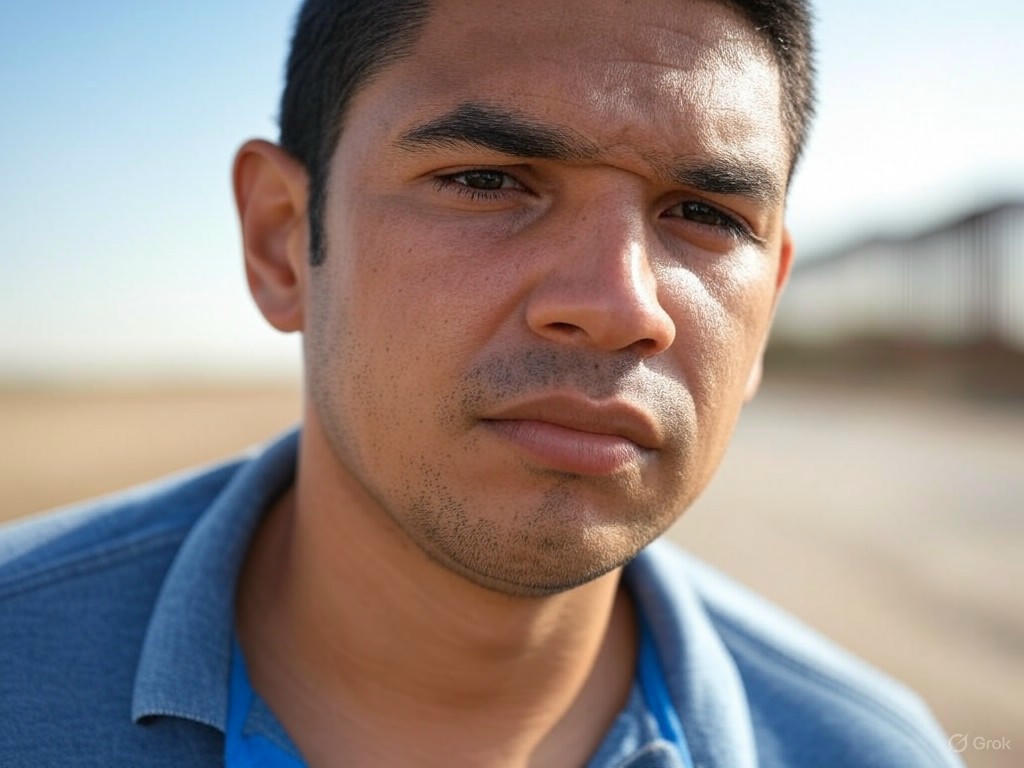A Long Road Back: Kilmar Abrego Garcia Returns to U.S. for Legal Reckoning
After years of legal battles and an erroneous deportation, Kilmar Abrego Garcia is set to return to the United States, but not under the circumstances one might hope. The man, once forcibly removed from the country due to a mix-up in immigration proceedings, now faces serious criminal charges tied to allegations of human smuggling. His story is a complex tapestry of systemic errors, personal struggle, and the harsh realities of immigration enforcement.
Abrego Garcia’s saga began when he was deported several years ago, despite claims of improper handling of his case. Advocates argued that his removal was a grave mistake, pointing to procedural errors and a lack of due process. Now, after persistent efforts by his legal team, he has been allowed to re-enter the U.S.—but only to stand trial. Federal authorities have accused him of orchestrating a sprawling operation that facilitated the illegal transport of undocumented individuals across state lines. Prosecutors claim he made over a hundred trips, shuttling people between southern border states like Texas and destinations as far as Maryland. The charges paint a picture of a calculated network, profiting from the desperation of those seeking a better life.
The details of the case are striking. If the allegations hold, Abrego Garcia played a significant role in a shadowy industry that thrives on the vulnerabilities of migrants. Each journey, authorities say, exposed individuals to dangerous conditions, cramped vehicles, and the constant threat of detection. Beyond the legal implications, his story raises broader questions about the immigration system itself. How does a man, once wrongfully deported, find himself at the center of such serious accusations? Was his alleged involvement in smuggling a consequence of a broken system that offered few options for legal recourse or stability? These are questions that linger as his trial approaches, casting a spotlight on the intersection of policy, enforcement, and human lives.
As Abrego Garcia prepares to face justice, his case serves as a reminder of the complexities surrounding immigration in the United States. On one hand, the government seeks to hold accountable those who exploit vulnerable populations for profit. On the other, his past deportation—widely criticized as unjust—adds a layer of moral ambiguity to the proceedings. Will the court consider the circumstances that may have driven his actions, or will the focus remain solely on the alleged crimes? Public opinion is divided, with some viewing him as a victim of systemic failure, while others see a man who knowingly broke the law.
Whatever the outcome, Kilmar Abrego Garcia’s return marks a pivotal chapter in a long and troubled journey. His trial will likely draw attention not only to his personal story but also to the broader challenges of immigration enforcement. As the gavel falls, it may echo far beyond the courtroom, prompting reflection on how the nation addresses the delicate balance between justice and compassion.


